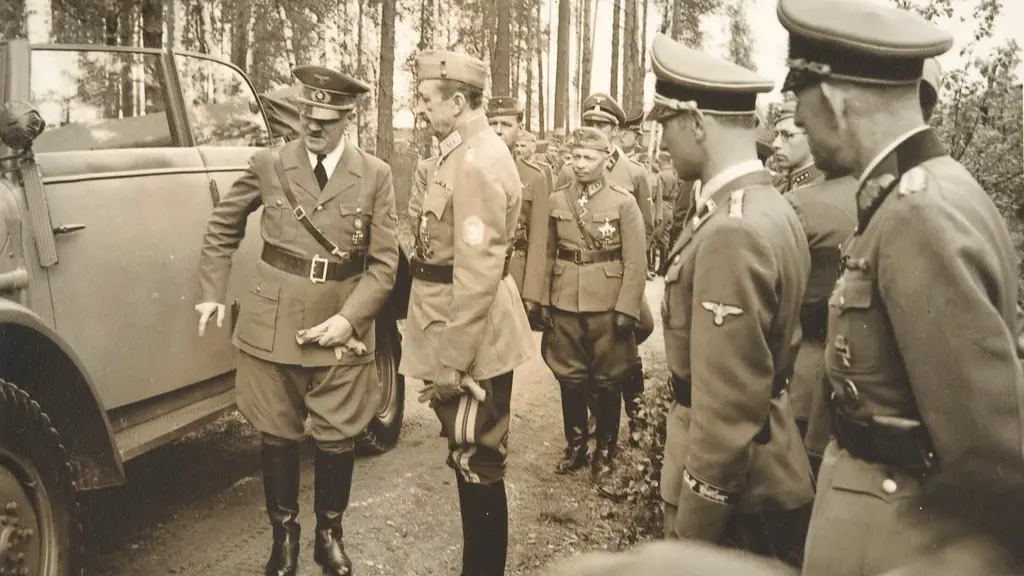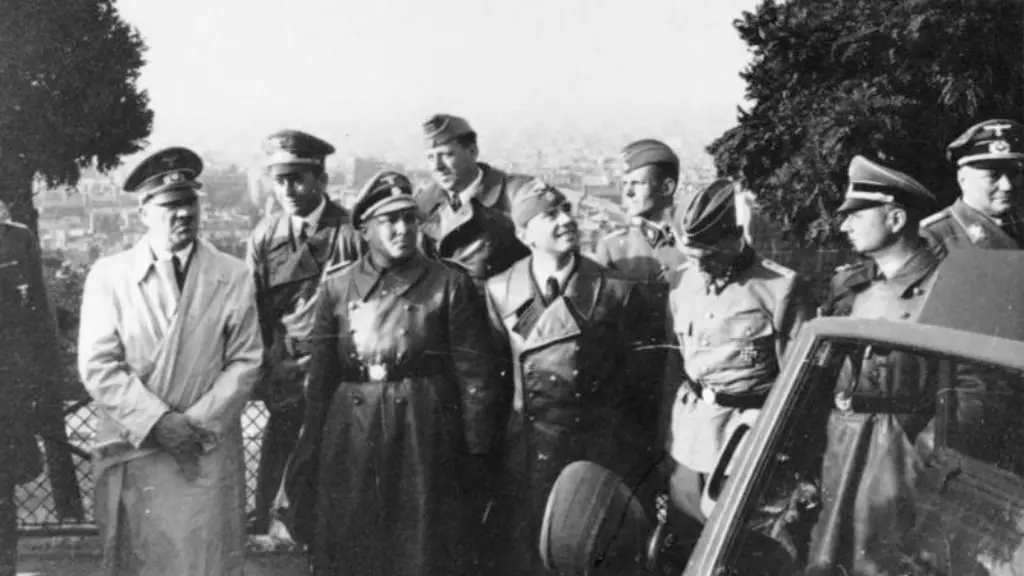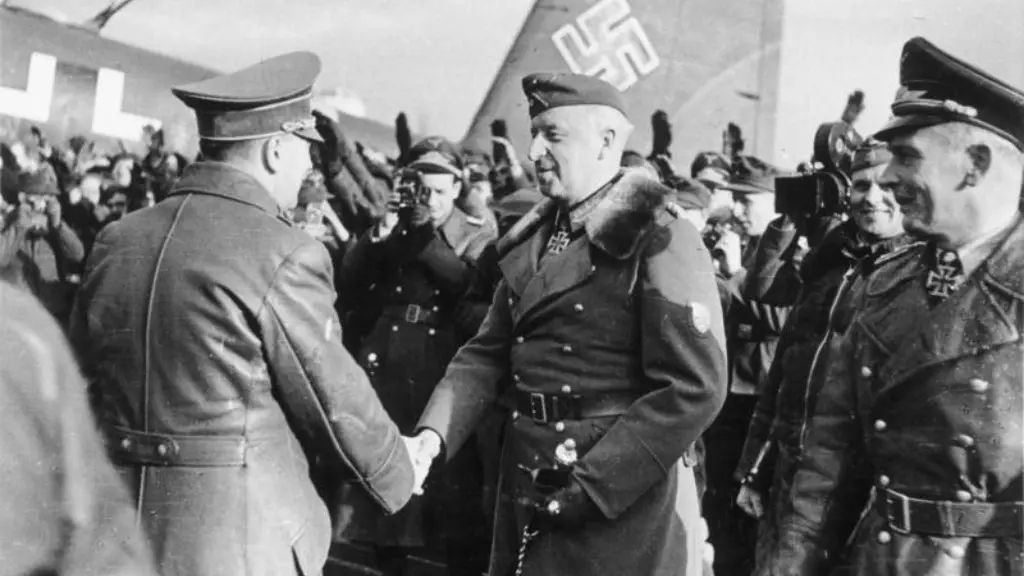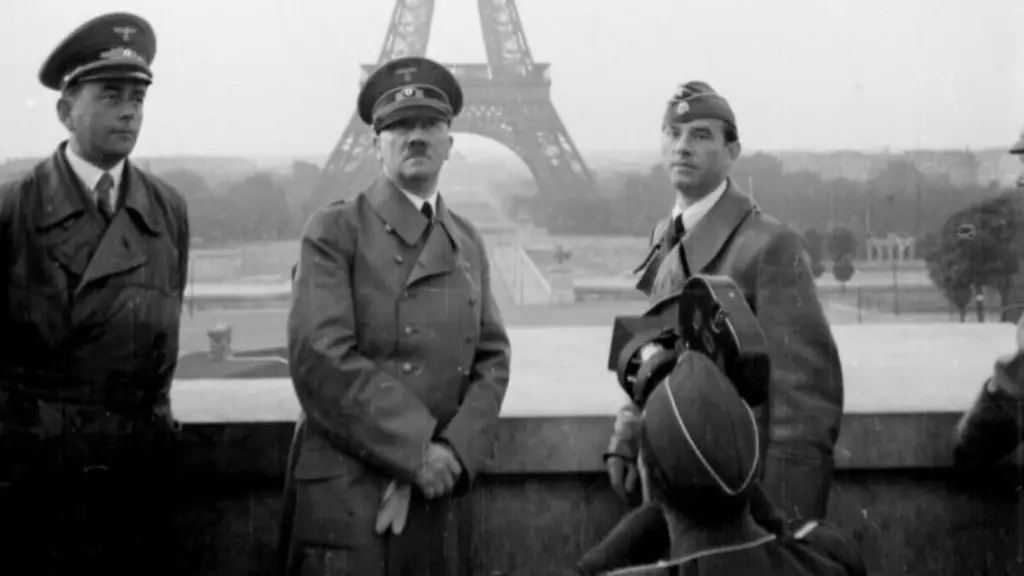Could Adolf Hitler Come to Power Today?
Adolf Hitler was one of the most infamous dictators of the 20th century; his regime, the Nazi Party, was born from a passion for power and genocide that was heavily influenced by his upbringing and racial beliefs. This raises a curious question: what would it take for Hitler to come to power today?
Although a global dictator of the scale and intensity of Hitler is unlikely to arise today, it is not impossible. Various experts have looked into the potential conditions and requirements needed for a similar figure to reach the highest level of political power. Understanding the components that enabled Hitler to come to power and how they might manifest in a modern setting can help us evaluate the potential danger of a similar figure emerging.
The political and economic situation in Germany during the 1920s and 30s was heavily impacted by WWI. Countries were desperate to accept authoritarian rule as a means to stabilise weakened economies, creating a political vacuum that allowed the Nazi Party to rise to power. With Europe being in a much more advanced economic and political situation today, the environment would be difficult for a single, autocratic figure like Hitler to take full control.
However, professionals have pointed out that, due to global economic downturns and the effect mass media can have on swaying public opinion, it is possible for divisions between communities and suspicion of anyone not perceived as a ‘native’ to provoke radicalisation. If a leader was able to capitalise on such conditions, and fully exploit manipulation tactics, it is possible for them to become a dictator and enact an authoritarian regime.
The tactics Hitler used to build a mass of supporters and gain control of the country were extensive. His focussed campaigning, powerful rhetoric, and effective propaganda fed into the German people’s insecurities and created a sense of comradery within the Nazi Party. Such tactics could be used by a similar figure today, though they would likely be disguised behind an agreeable external façade and often not be recognised as manipulation at the outset.
The structure of the German government at the time of Hitler’s rise to power also played a significant role in his success. Hitler had no experience in politics was relatively unknown at the time and yet he was able to become Chancellor of the Weimar Republic. If a similar situation arose today, with a leader without any political experience or qualifications coming to power, it is incredibly dangerous, as it gives the person full control of the government with no checks or balances.
Furthermore, the extreme anti-Semitism in German society at the time of Hitler’s rise to power was essential for his success. Without this prejudice, Hitler’s extreme rhetoric would not have been as easy for people to accept and act upon. This is why discrimination still needs to be heavily monitored and kept in check, even today, as it can quickly become an accepted way of thinking in times of hardship and serve to create an environment in which an authoritarian leader can rise to power.
Terrorism
Potential dictators today must also capitalize on the fear of terrorism. Hitler used the fear of communism to expel Jews from Germany, using it as a scapegoat for social issues, and similarly, Islamophobia and terrorism have become the primary sources of fear for many in modern times. By exploiting these worries a leader may be able to pass laws to increase their power, through removing citizens fundamental rights.
In Germany during the Nazi era, the government passed numerous laws over a short amount of time which utterly changed German society and stripped Jews of their human rights. Similarly, in America, the Patriot Act, passed shortly after the 9/11 attacks in 2001, drastically reduced Americans civil liberties and privacy. The potential impact of these laws, and how easily they can be passed, can be seen as a danger point in any democratic society.
Controversy over the validity of these laws remains, especially in America. This has led to support for strong leaders such as Trump, who promise to enforce laws to protect the people and enact strict immigration policies. This can be seen as a small-scale example of a leader exploiting fear in a society to gain control and power, which is a key tactic used by Hitler and other dictators.
Media Control
A powerful way for a leader to enchant their followers and gain control is to use the media for their own means. Hitler used his control of media in Germany effectively to get his message across and intimidate dissenters. A dictator in the 21st-century can take advantage of the advancements in media, including the internet and instant access to information, to easily reach a variety of audiences and control public discourse.
Modern technology, such as facial recognition and tracking systems, gives a leader the ability not only to manipulate facts and opinions, but to track and control the population more easily. If a dictator with absolute power had access to the information available to the government, they could manipulate data to fit their wants and needs, while also surveilling the people to ensure their power remains absolute.
Certain leader are already taking advantage of mass media and utilising techniques such as ‘visual propaganda’ to turn people away from alternative ideas or parties and keep them firmly in their camp. This includes using techniques like populism and strong rhetoric, mirroring Hitler’s tactics.
Foreign Relationships
The alliances between countries that Germany had prior to WWII greatly helped Hitler and the Nazi party to create a powerful regime. Hitler acquired the support of a variety of countries, including Italy and Japan, who helped expand Germany’s power. Similarly, some leaders today, such as Trump and Putin, benefit from the support and aid of foreign friends.
Having connections and support from other countries can make a key difference to the power and impact a leader can have. For example, a leader can negotiate trade deals to strengthen their country’s economy and pass on restrictions to theirs citizens/supporters in other countries. This gives a dictator the alliances and resources to further their political goals and potentially create a totalitarian environment.
Democracy and Activism
The most important thing that citizens can do to prevent a tyrannical leader from coming to power is to protect the democratic process and ensure that everyone is free to voice their opinion and vote democratically. This can prevent politicians, such as Trump and Bolosonaro, from taking power as they rely heavily on populist rhetoric to win votes.
This also allows pressure groups, such as NGOs and charities, to exist, as they are able to provide the voice of the people and help the government to understand public opinion. This works to inform and shape policy decisions and can help to oppose any extreme or ridiculous laws that a leader seeks to introduce.
In times of political unrest and upheaval, large-scale protests and civil disobedience can help a population to express their demands for freedom and justice, and ultimately prevent someone like Hitler from obtaining power. An example of this can be seen today in countries such as Hong Kong and Belarus, who are currently partaking in protest and marches to oppose the ruling party.




